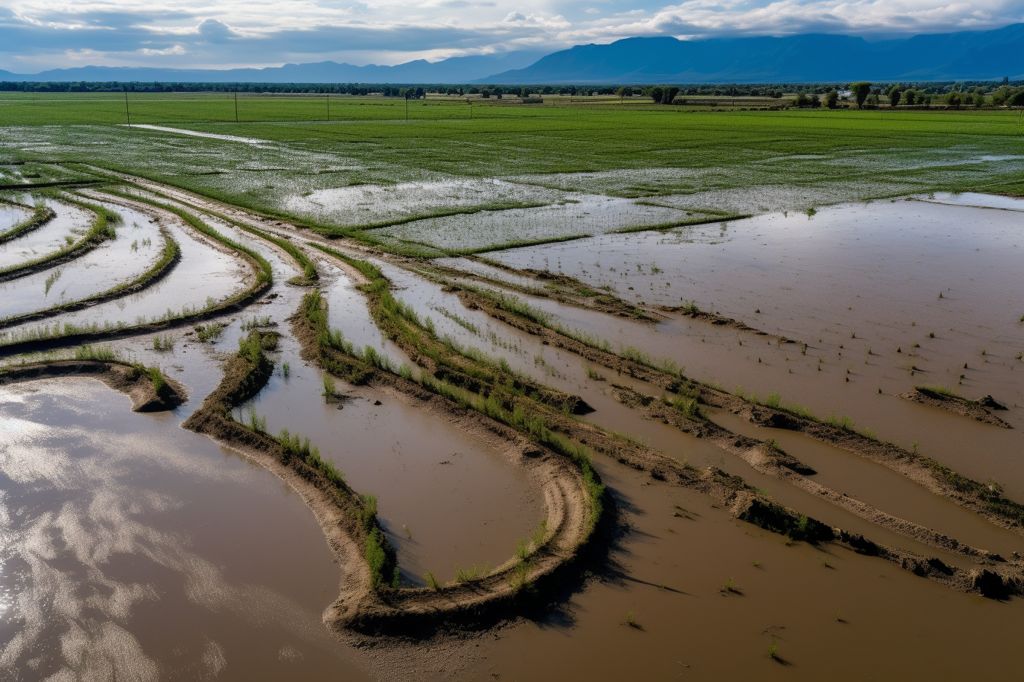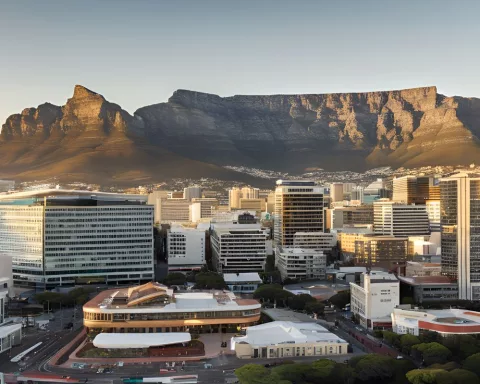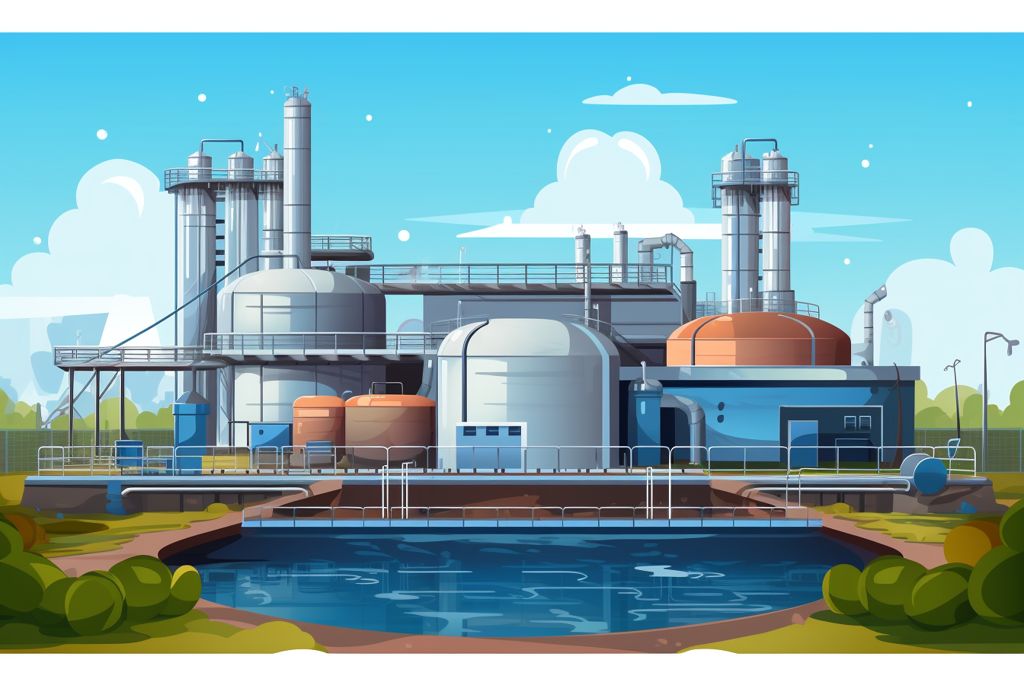The Western Cape Government is requesting a provincial disaster declaration from the National Disaster Management Centre (NDMC) following severe weather from June 14-19 that caused significant damage. Western Cape Minister of Local Government, Environmental Affairs, and Development Planning Anton Bredell presented a consolidated damage report to the cabinet, which estimated unfunded damages at R703.3 million.
Agriculture Suffers Most
Agriculture has suffered the most, with unfunded damages amounting to R500 million. To help, the Department of Agriculture has reprioritized R18.6 million for the sector. Western Cape Minister of Agriculture Dr. Ivan Meyer observed the extensive damage caused by the floods to rural communities during his oversight visits to the West Coast, Cape Winelands, and Overberg. He noted damage to agriculture irrigation, fencing, orchards, vineyards, crops, and rivers. Consequently, Meyer welcomed the decision to approach the national government for assistance.
Provincial Infrastructure Damaged
Unfunded damages to provincial infrastructure are estimated at R181.8 million. The Department of Infrastructure has reprioritized R4.6 million from its appropriated budget for the 2023/24 financial year to address immediate repairs to crucial infrastructure. Minister of Infrastructure Tertius Simmers emphasized the importance of requesting a provincial state of disaster classification, as it would accelerate economic recovery and enable the seamless movement of goods, services, and residents.
Maintaining Infrastructure Vital
The Western Cape exports over 50% of South Africa’s agricultural products, making it essential to maintain infrastructure that enables the sector to operate optimally. After considering reprioritized budgets, unfunded damages to municipal infrastructure amount to R21.5 million, impacting several municipalities across the province.
Viewing Flood Damages in Context of Climate Change
Minister Bredell expressed gratitude for the dams now being full due to heavy rain but also highlighted the need to view the flood damages in the context of climate change. He emphasized that future flooding and droughts may be more intense. As the province rebuilds, Bredell urged for planning and design to consider the future, stressing the importance of well-maintained ecosystems, catchments, and river courses free of alien vegetation, which allow for better water retention, less erosion, and free-flowing rivers, ultimately preventing expensive damage to infrastructure or potential loss of life.
A provincial disaster declaration would enable the Western Cape Government to seek financial support from the national government, as the scope of the damages is beyond the province’s fiscal capacity. Minister Bredell stressed the importance of considering future risks and the need to build resilient infrastructure that can withstand severe weather events.












